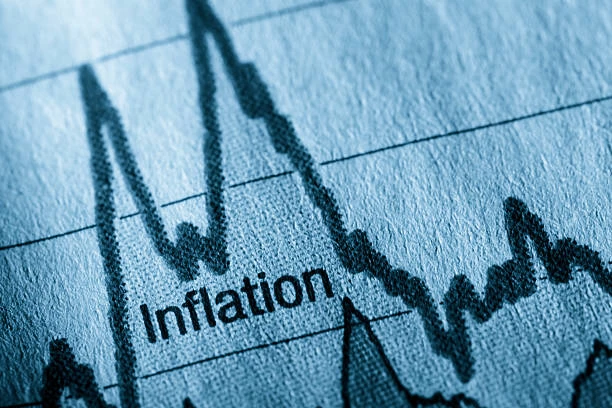
Inflation - And What It Means
The Consumer Prices Index increased to 5.1% in the 12 months leading up to November 2021.
This represented an increase of 4.2% since October, the steepest inflation increase since September 2011, where it reached 5.2%. So why did this happen? Hiking energy costs, and great disruption to supply chains appear to be two valid reasons. There has also been an ever-growing demand for different goods and services in and around London.
Many would argue that the most worrying thing about this rise is what is going to happen to energy prices.
Energy bills are soon set to go up by as much as 50%, and this will put great strain on people's disposable income. It’s also expected to have a negative effect on the housing market. Many first time buyers are unlikely to commit to mortgages. The result? A large percentage of housing stock sitting unsold. Experts suggest that one way around this problem is to increase interest rates. True, this could only make people's financial situation even worse. Yet, it will, at least, lower inflation levels as a result of reduced spending. Price rises go beyond luxury consumer goods. In fact, even the bare essentials may become unaffordable. The result? Some families may have to choose between heating their home or buying their weekly food shop.
Will Higher Inflation Make Buyers Wait?
Potentially. Situations, such as the ones mentioned above, often scare current homeowners, or 1st-time buyers thinking of getting a mortgage. Rather than moving now, many buyers may choose to track the interest rate over the next 3 months, then buy later on. In reality, the national picture for England isn’t looking particularly great.
Only 4 regions, and Wales, seem to enjoy an annual growth rate higher than recent RPI inflation.
While inflation could stabilise house prices, the Bank of England did propose a 0.25% increase last December. In reality, this is unlikely to make a difference to current levels, and could even cause further future increases. In contrast, mortgage rates are pretty good at the moment, and there are some deals out there that are hard to beat.
Even if inflation goes up, these deals are likely to stay the same anyway. The main problem is the potential impact of inflation on buying decisions. This is comparable to what happened last year during the stamp duty holiday.
Many buyers scrambled to save cash, at the most, £2.5K. To sum up, interest rates are low at the moment. But, with impending increases in inflation, buyers may be less willing to overstretch themselves in the future.
Written by John Rigg
Source London Estates






